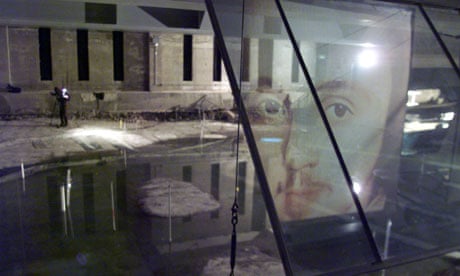The Rose Theatre, one of the few surviving Elizabethan theatres in London, could be fully excavated and restored to a playhouse in time for the 400th anniversary of Shakespeare's death.
Discovered during construction work in 1989, the Rose was the fifth purpose-built space in the capital and hosted Henry VI Part I and Titus Andronicus during the playwright's lifetime, when they could still be considered new writing.
On 13 July, the theatre's trustees launched The Rose Revealed project, which details plans to excavate the final third of the Bankside site, which is still underground, and to build an exhibition space that could double up as a performance space. If the proposed bid to the Heritage Lottery Fund is successful, work could be completed by 2016.
Simon Hughes, MP for Bermondsey and Old Southwark, said that the theatre "is not intended to be a museum. It's intended to be a living, breathing space."
Having reopened to the public in 1999 as an archaeological site, the Rose Bankside has hosted performances since 2007, though actors do not perform on the original stage. The theatre's foundations are currently filled with water in the hope of preserving them.
Harry Sheldon, chair of the Rose's trustees, said, "The excavated archaeological remains are now at risk of irreparable deterioration. It is thought that the final, unexcavated, third of the site may reveal further information about the design of the theatre and important artefacts relating to its architectural features."
The Rose pre-dates the Globe, though not the newly rediscovered Curtain in Shoreditch, which was briefly the home of Shakespeare's company, the Lord Chamberlain's Men. It also hosted performances of Thomas Kyd's Spanish Tragedy and Christopher Marlowe's plays Doctor Faustus and the Jew of Malta. Four years ago, the foundations of a still-older Elizabethan playhouse, the nearby theatre, were uncovered, thought to be the first purpose-built stage of its kind in the UK.
Speaking at the launch of the bid, Janet Suzman, patron of the Rose, said: "This is the real thing, this is the only real thing we have, the only touch we have with the greatest Olympian that there is. I think it is significant that [Shakespeare] has been chosen as the centrepiece of our Olympic games. We just go on hurdling."

Comments (…)
Sign in or create your Guardian account to join the discussion